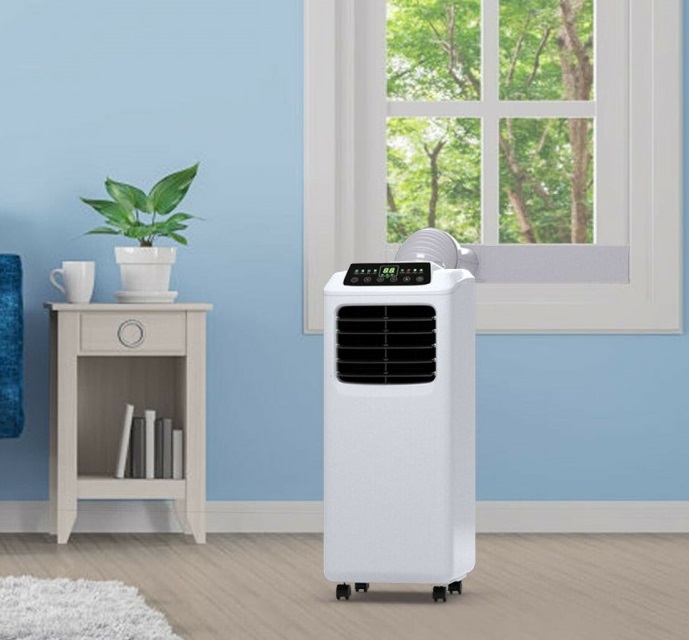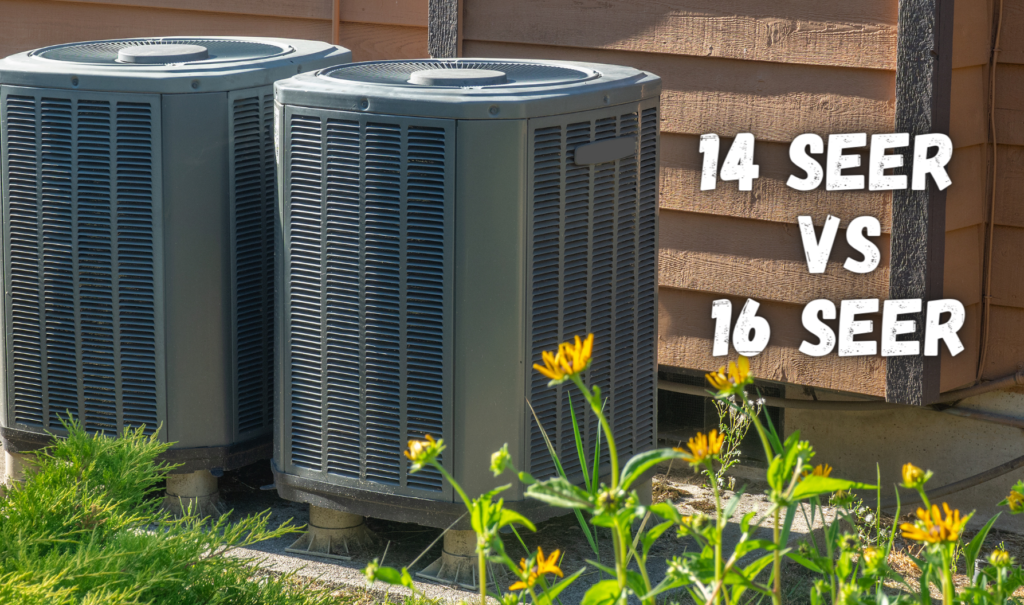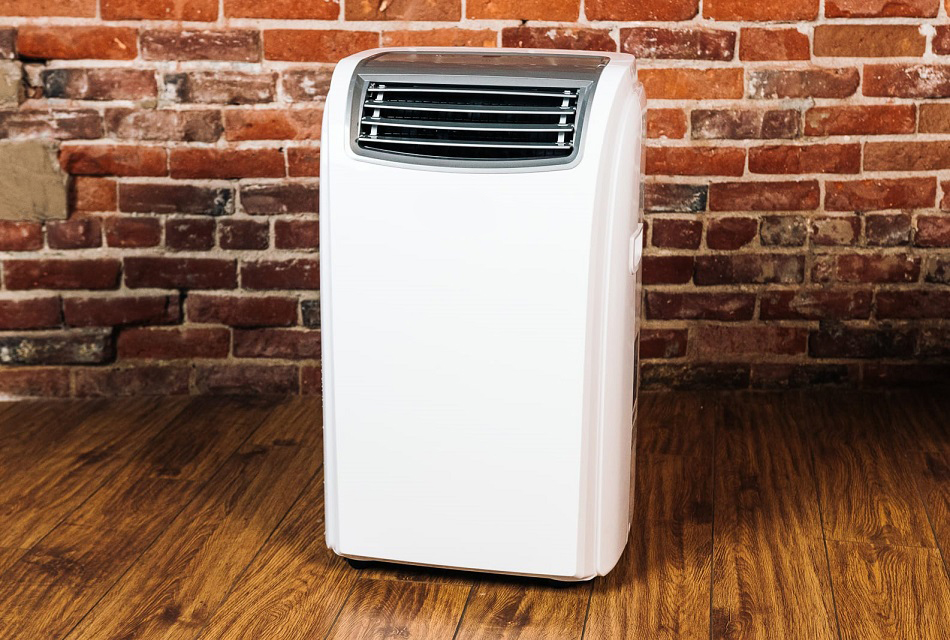

Have you ever wondered if there was a perfect temperature for you to sleep? A temperature that’s neither hot nor cold. Studies show that it’s difficult for most people to have a smooth sleep during hot days, but during cold nights, you might find them tossing in their bed and reaching out to their duvet.
A hot room offers as much discomfort as a cold one; hence it’s important to figure out the best AC temperature for sleeping at night. This ensures you don’t end up feeling tired, unmotivated, and overwhelmed when you rise from your bed the following day.
If you’ve been wondering what that perfect temperature is, this guide will offer you answers.
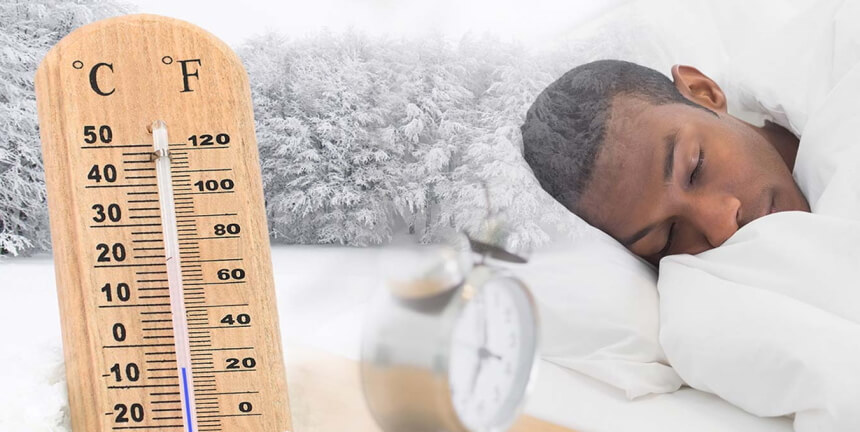
This temperature is high during the day and slightly lower at nighttime. It’s common to see your body temperature drop during bedtime and tends to be at its lowest during hours like 3 am. The arteries expand during these hours to increase your body’s temperature, and more blood is pumped out to heat things.
It’s common knowledge that while this is happening, there’s an increase in temperature, and certain body parts become warm. Hence, the best temperature for sleeping in winter or summer is influenced by the body’s natural temperature regulation.
There’s no specific answer to this. There are a lot of factors that can contribute to this. One of them is the weather, and the other is age.
Experts recommend a general sleeping temperature of 60 to 67 degrees, but these numbers are likely to change depending on your unique situation.
As we’ve mentioned earlier, our body is likely to have varying temperatures during the day and a dip towards bedtime. It’s general knowledge to keep the thermostat down during the day but up at night for a long sleep.
Several factors determine what temperature to set at night, and we’ve outlined some of them here.
For couples, it’s common knowledge to find disputes arising over the best temperature to maintain. One might prefer a warm room while the other will choose a cold one. In such situations, a compromise is needed for both parties to find common ground.
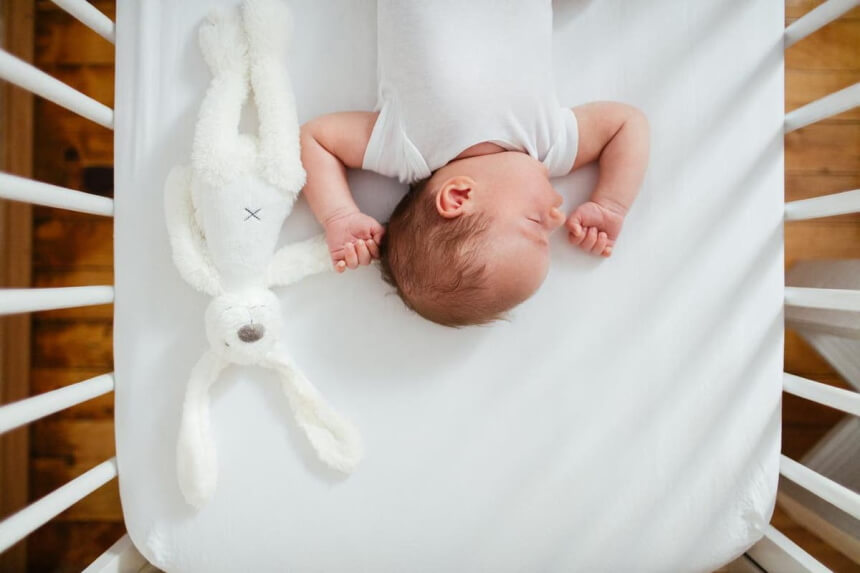
Well, from most expert opinion, it seems more effort is invested into keeping the baby from overheating than keeping them cozy. Well, this is because, unlike adults, temperature regulation is slow in babies; hence, it’s necessary to keep the temperature in the baby’s room at 60 to 68 degrees while they’re clothed.
The temperature level is higher because their blanket or cover can come off their little body at night. Preventing overheating is another factor to consider during hot summer days. Most cases of infant sudden death syndrome have been linked to overheating. This is because parents believe increasing the heater beyond 68 degrees will keep the baby cozy.
You can examine the baby’s temperature by touching their neck, stomach, and back. If it feels too hot or sweaty, you will have to remove their clothing for extra ventilation.
Men tend to maintain a consistent body temperature throughout their lifetime. The same applies to their sleeping temperature. For women, the numbers fluctuate as they approach menopause and during menstrual periods. Menopause can come with flashes of severe sweats, which leaves the woman uncomfortable on some days and too cold on others.
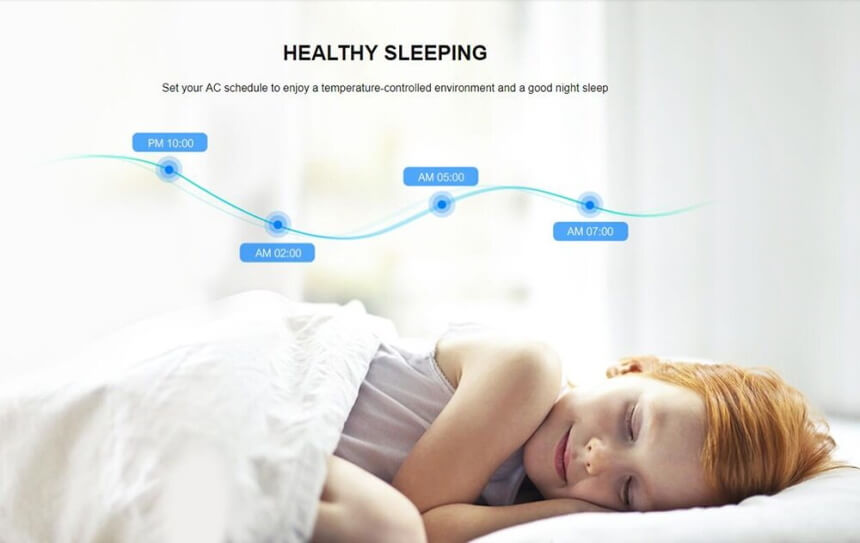
The humidity level can also be a deciding factor. You could use a humidity gauge to determine the level in your environment. Then pick a temperature that balances things up. Whichever number is set, ensure it doesn’t affect your electricity bill at the end of the day.
Well, there’s no definite answer to this as the temperature of our home tends to fluctuate between day and night time during the winter. During the day, set your AC temperature between 68 to 72 degrees, while at night, the temperature should be dropped to 62 degrees since the weather will be cold during that period.
Certain activities might also mess up with our body temperature during the winter. For example, sitting close to your fireplace or cooking. The key to ensuring you don’t alter your normal body temperature is to have fans installed in the house or, even better, leave the window open when cooking.
It’s easier to regulate body temperature during cold nights than hot ones. A hot room can cause discomfort and restlessness, which upsets the sleeping circle. Even worse, there can be a case of dehydration during this period which leaves individual fatigue.
Everyone has an opinion to share, but most experts advise sticking to 72 degrees Fahrenheit. However, the US energy department suggests every house should maintain a temperature within 80 degrees in their home in the summer. In some areas, it can be higher if humidity levels are put into consideration.
At the end of the day, there’s no magic number to this. Rather, you have to ask yourself what temperature you’re comfortable with without wasting your electricity bill. The best way is to determine the highest AC temperature that can be set without covering yourself with a blanket.
If you stay in a place such as Texas, where the humidity level is high, the numbers recommended by the US Department of Energy might leave you sweaty. When you’re away, it’s best practice to increase the temperature of the AC to keep the room warm before you return.
If you can’t have a portable AC installed in every room, ceiling fans can be of help. They tend to make the room 4 degrees cooler during hot days. When you sweat, the ceiling fan dries it up. In some areas, the AC and the ceiling fan are turned on simultaneously, so the latter helps in drying out sweat which leaves the skin cooler.
Below are some more tips on making your home a more comfortable place to live with an air conditioner.

In the summer, you might want to let some cool air inside. If the humidity level is stable where you live, leaving the windows open might help your room cool down faster. There’s nothing better than sleeping in a cozy room. This is essential if you have babies around the house. Just ensure the windows are closed before you leave for work the next morning.
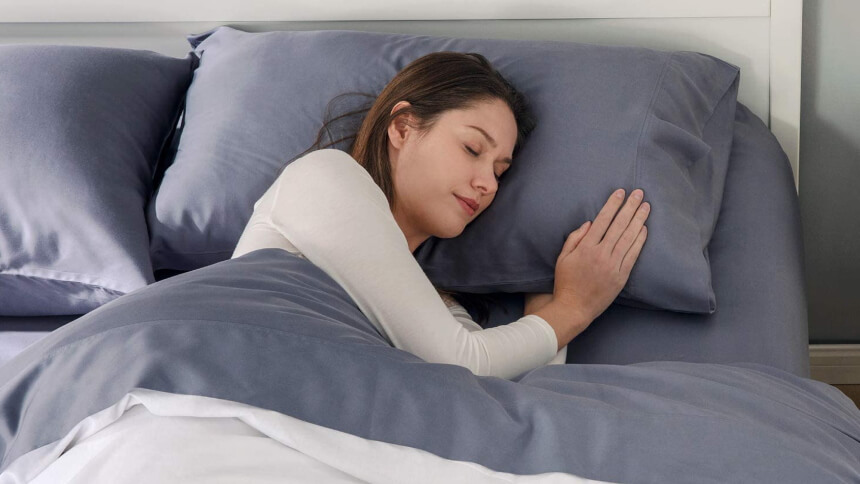
Adding foam pillows will ask to prevent overheating when you rest your head on the bed.
Putting your AC on while away might help you cool off the room, but this comes at the expense of your savings. This will likely ear into your electricity bills. When shopping for a new portable AC with heaters, ensure you opt for programmable options. This way, you can start cooling your house an hour or two before you arrive.
It’s important to find a standard temperature when sleeping at night. Being too cold or hot might cause some distress which will alter the sleeping cycle. It’s necessary to utilize our tips as a guide for setting the right temperature range during different weather.
There are several recommended sleeping temperatures, but the best Ac temperature for sleeping in summer has to be decided by you. What you’re more comfortable in and how to save your energy bills while doing so. With our tips, you will be able to feel refreshed when you rise from bed.
